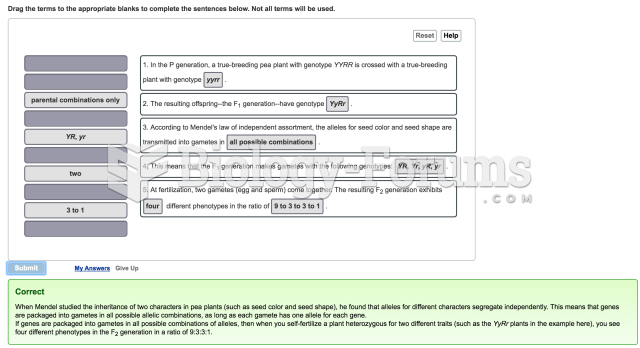Answer to Question 1
ANS: A
The most important data to collect during an initial assessment is that which reflects how stress is affecting the patient and how he is coping with stress at present. This data would indicate whether his distress is placing him in danger (e.g., by elevating his blood pressure dangerously or via maladaptive responses such as drinking) and would help you understand how he copes and how well his coping strategies and resources are serving him. Therefore, of the choices presented, the highest priority would be to determine what he is doing to cope at present, preferably via an open-ended or broad-opening inquiry. Family history, the extent of his use of exercise, and how much sleep he is getting are all helpful but seek data that is less of a priority. Also, the manner in which such data is sought here is likely to provide only brief responses (e.g., how much sleep he got on one particular night is probably less important than how much he is sleeping in general).
Answer to Question 2
ANS: B, C, E
The intent of guided imagery for managing stress is to lead the patient to envision images that are calming and health enhancing. Statements that involve the patient calming progressively with breathing, feeling increasingly relaxed, being in a calm and pleasant location, being away from stressors, and having a peaceful and calm mind are therapeutic and should be included in the script. However, words that raise stressful images or memories or that involve unrealistic expectations or elements beyond the patient's control (e.g., that others will treat the patient as he desires, that everything is going the patient's way, that bosses are understanding) interfere with relaxation and/or do not promote effective coping. These attempts are not health promoting and should not be included in the script.







